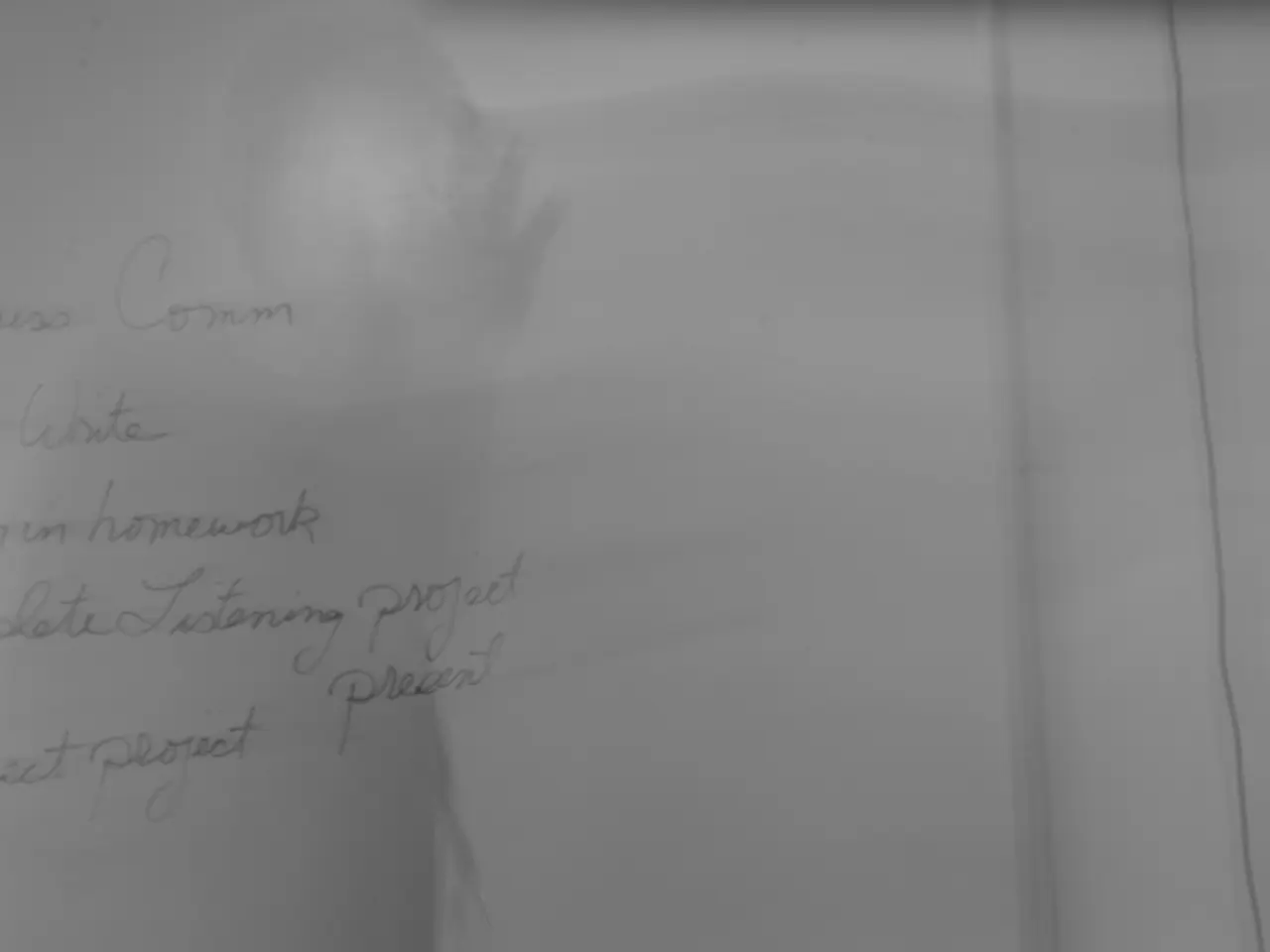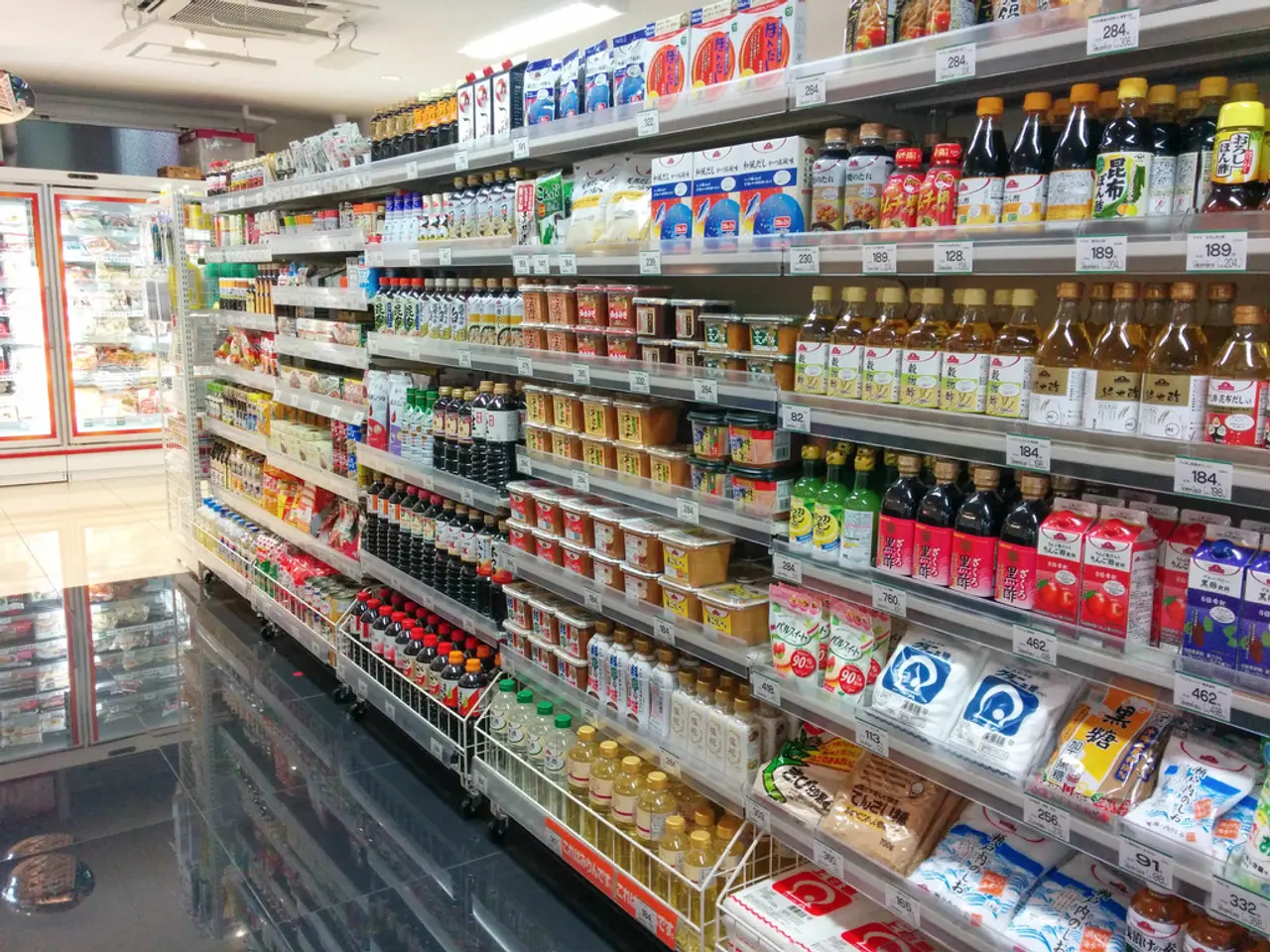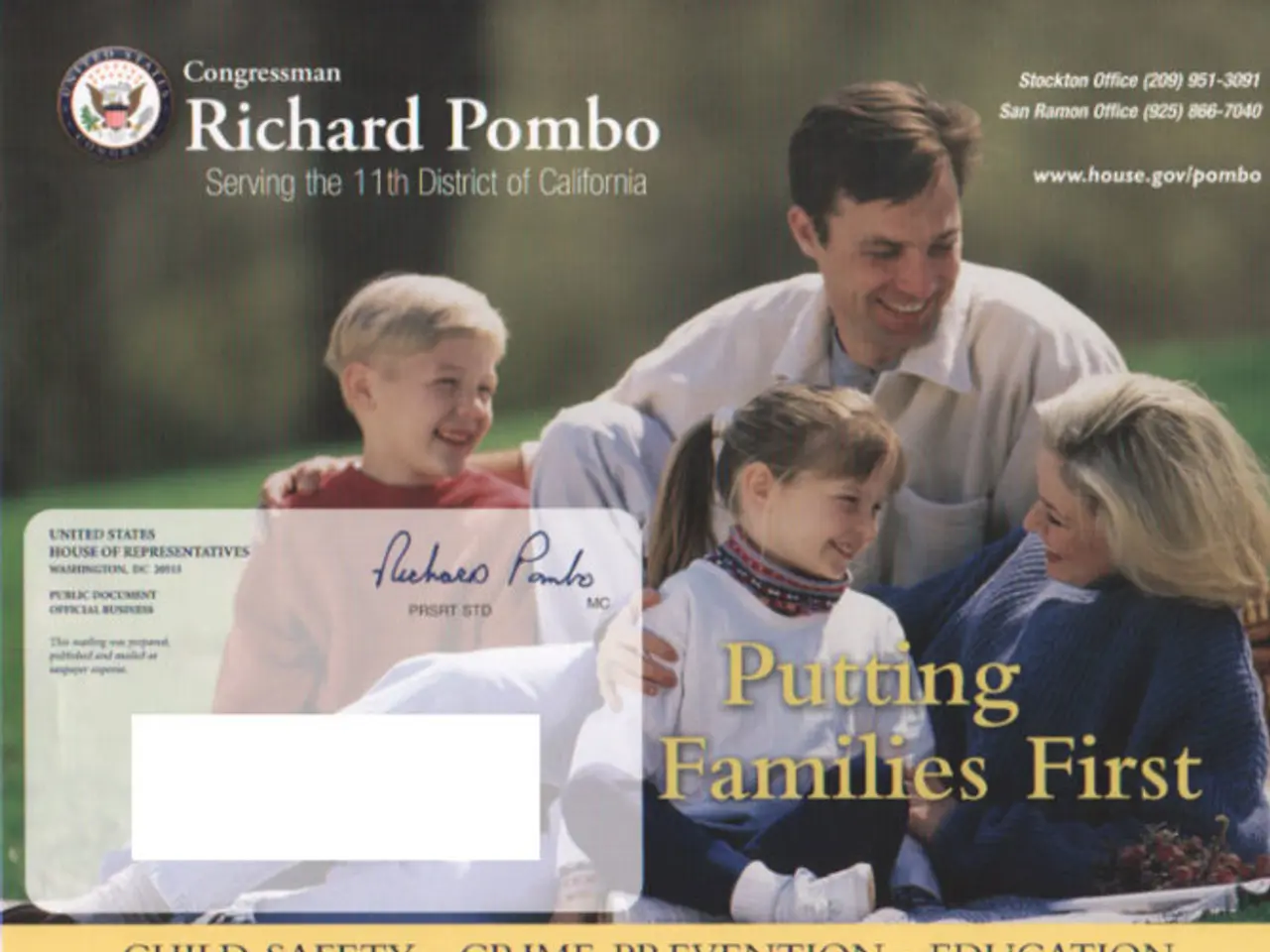United States Appellate Court Debates Trump Tariffs' Legal Status, Hearing Occurs a Day Prior to Implementation, Small Businesses Initiate Case
In a contentious move, President Trump has been using the International Emergency Economic Powers Act (IEEPA) to justify imposing tariffs, claiming an "unusual and extraordinary threat" to the nation's economy due to longstanding trade deficits. However, legal challenges argue that IEEPA was never intended to authorize broad tariffs.
The IEEPA, enacted in 1977, primarily gives the president power to regulate financial transactions and block property of foreign entities during a declared national emergency, primarily to address national security crises. Critics emphasize that tariffs are specific trade policy tools governed by statutes that include procedural safeguards like investigation, notice, and public comment—processes ignored under Trump's use of IEEPA.
Federal appeals courts have shown skepticism towards this use of IEEPA. The core legal challenge is whether a national economic trade deficit qualifies as the sort of emergency contemplated by IEEPA, and if the president can bypass explicit congressional trade oversight by labeling it an emergency under IEEPA.
Recent weeks have seen Trump using tariffs to increase pressure on non-trade issues, such as the prosecution of former Brazilian President Jair Bolsonaro and Canada's recognition of a Palestinian state. Trump has also employed tariffs as a central instrument in his foreign policy, using them aggressively in trade negotiations and to address what he perceives as unfair practices.
On May 28, a three-judge panel of the US Court of International Trade sided with Democratic states and small businesses challenging Trump's tariffs, stating that IEEPA does not authorize tariffs related to longstanding trade deficits. The case will have no impact on tariffs levied under more traditional legal authorities, such as duties on steel and aluminium.
The dispute centers on statutory interpretation, separation of powers, and the limits of executive emergency authority. The courts have yet to definitively resolve these challenges but have shown clear unease about expanding IEEPA to justify tariffs.
Government lawyer, Brett Shumate, is being questioned about how the IEEPA gives Trump the power to impose tariffs. Shumate argues that IEEPA allows for "extraordinary" authority in an emergency, including the ability to stop imports completely and regulate imports in a crisis, which he claims includes the power to impose tariffs. However, the states and businesses challenging the tariffs argue they are not permissible under IEEPA and the US Constitution grants Congress, and not the president, authority over tariffs and other taxes.
The US appeals court is hearing oral arguments over President Donald Trump's power to impose tariffs. The judges are challenging Shumate's arguments, stating that IEEPA doesn't mention tariffs. This is just one of at least seven other lawsuits challenging Trump's invocation of IEEPA, including cases brought by other small businesses and California.
Dan Rayfield, the attorney general of Oregon, has stated that the tariffs imposed by President Trump are a "regressive tax" that increases the cost of household items. Companies such as Stellantis, American Airlines, and Procter and Gamble have temporarily suspended financial guidance for investors due to Trump's tariffs, with some revising down their projections.
As the legal battle continues, the implications for future presidential power to impose tariffs and the relationship between the executive and legislative branches remain uncertain.
- The IEEPA, initially designed for national security crises, is now being questioned as a basis for imposing tariffs, with the legal challenge focusing on whether a national economic trade deficit qualifies as an emergency under the act.
- President Trump's use of IEEPA to justify tariffs has been met with skepticism from federal appeals courts, as the courts question whether IEEPA authorizes tariffs related to longstanding trade deficits.
- The dispute over Trump's tariffs is not limited to the implications for the economy and business, but also raises questions about statutory interpretation, separation of powers, and the limits of executive emergency authority.
- The legal battle surrounding Trump's tariffs is uncovering the delicate balance of power between the executive and legislative branches, with the courts yet to definitively resolve these challenges, but showing clear unease about expanding IEEPA to justify tariffs.




